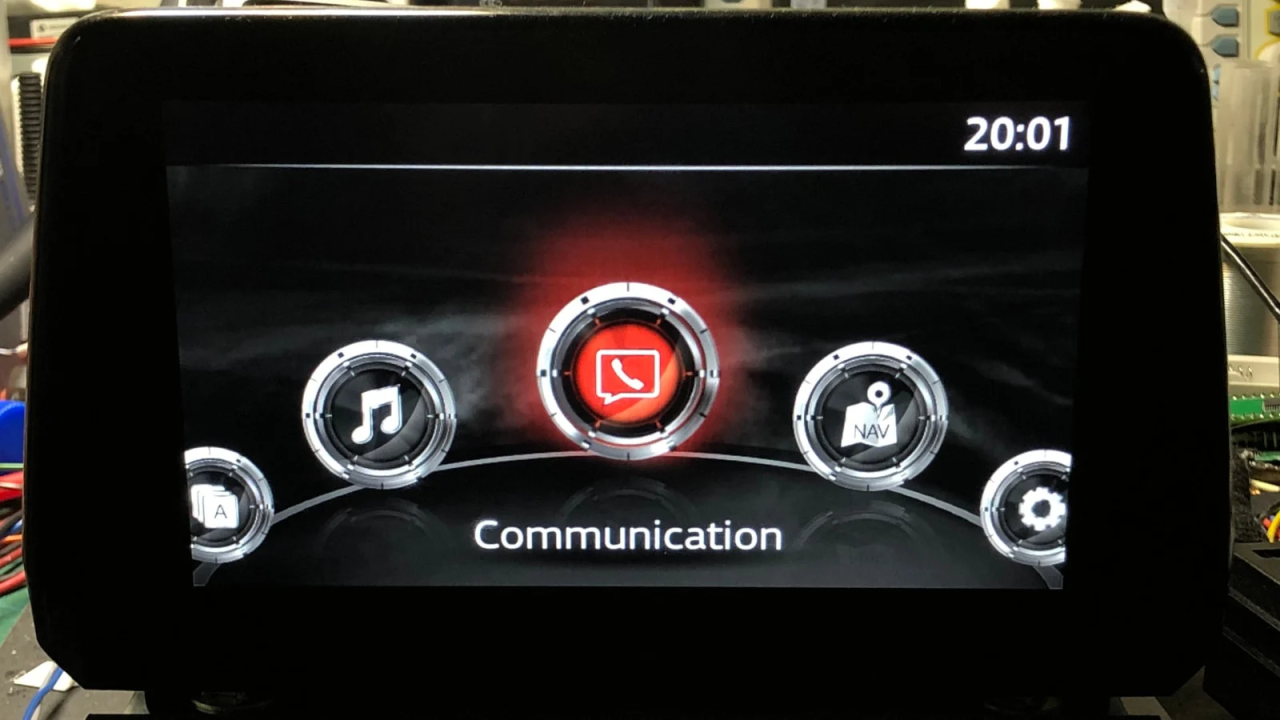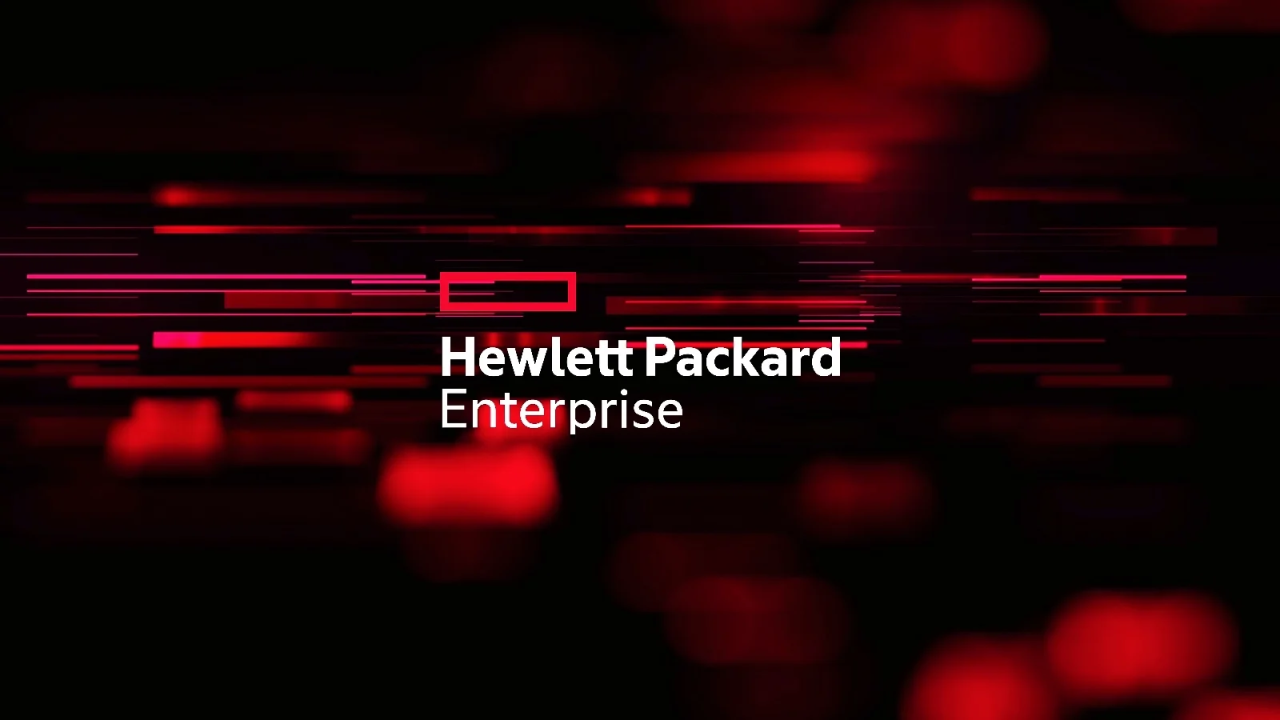Mandiant has identified a novel method to bypass browser isolation technology and achieve command-and-control operations through QR codes.
The FBI warns that scammers are increasingly using artificial intelligence to improve the quality and effectiveness of their online fraud schemes, ranging from romance and investment scams to job hiring schemes.
Multinational telecommunications giant BT Group (formerly British Telecom) has confirmed that its BT Conferencing business division shut down some of its servers following a Black Basta ransomware breach.
Threat update
Recent reports have uncovered that a threat actor known as RomCom has been exploiting two zero-day vulnerabilities, one in Mozilla Firefox and another in Microsoft Windows, to deploy their proprietary backdoor malware. These vulnerabilities, CVE-2024-9680 and CVE-2024-49039, have been actively targeted in attacks across Europe and North America. Continue reading this Cybersecurity Threat Advisory to learn how to defend against RomCom.
Threat update
A security vulnerability in 7-Zip allows remote attackers to bypass defenses and execute malicious code via specially crafted archives. Read this Cybersecurity Threat Advisory to learn how to mitigate your risk from this new threat.
Threat update
The U.S. Cybersecurity and Infrastructure Security Agency (CISA) has added critical vulnerabilities in Progress Kemp LoadMaster (CVE-2024-1212) and VMware vCenter Server (CVE-2024-38812, CVE-2024-38813) to its Known Exploited Vulnerabilities (KEV) catalog. These vulnerabilities allow attackers to execute arbitrary commands, gain remote code execution (RCE), and escalate privileges. Continue reading this Cybersecurity Threat Advisory to reduce your risk of exploitation from these vulnerabilities.
Threat update
BabbleLoader is a newly identified malware loader designed for delivering information-stealing payloads such as WhiteSnake and Meduza. It demonstrates sophisticated evasion techniques that challenge both traditional antivirus solutions and modern AI-driven detection systems. Read this Cybersecurity Threat Advisory to learn how to protect against this cutting-edge malware loader.
Threat update
A new phishing campaign spreading a fileless variant of Remcos RAT malware has been discovered. Read below to learn how this could impact your organization.
Threat update
A threat advisory was issued to Palo Alto customers notifying them of a vulnerability in the PAN-OS interface that can lead to remote code execution (RCE).
After being used in Akira and Fog ransomware attacks, a critical Veeam Backup & Replication (VBR) security flaw was also recently exploited to deploy Frag ransomware.
More than 60,000 D-Link network-attached storage devices that have reached end-of-life are vulnerable to a command injection vulnerability with a publicly available exploit.
Attackers could exploit several vulnerabilities in the Mazda Connect infotainment unit, present in multiple car models including Mazda 3 (2014-2021), to execute arbitrary code with root permission.
Today, cybersecurity company Palo Alto Networks warned customers to restrict access to their next-generation firewalls because of a potential remote code execution vulnerability in the PAN-OS management interface.
Threat update
Significant vulnerabilities in Microsoft's Azure AI Content Safety services have been discovered. These vulnerabilities enable attackers to bypass safeguards and deploy harmful AI-generated content.
Threat update
Synology, network-attached storage (NAS) maker, addressed critical security vulnerability, CVE-2024-10443, which impacts their DiskStation and BeePhotos applications. This is an unauthenticated vulnerability that can allow attackers to obtain root-level code execution on Synology NAS devices.
Google has left Android users puzzled after the most recent update to the Google mobile app causes links shared from the app to now be prepended with a mysterious "search.app" domain.
Cybersecurity researchers have discovered a malicious package on the Python Package Index (PyPI) that has racked up thousands of downloads for over three years while stealthily exfiltrating developers' Amazon Web Services (AWS) credentials.
Hewlett Packard Enterprise (HPE) released updates for Instant AOS-8 and AOS-10 software to address two critical vulnerabilities in Aruba Networking Access Points..
Google's cloud division has announced that it will enforce mandatory multi-factor authentication (MFA) for all users by the end of 2025 as part of its efforts to improve account security.
Threat update
Significant vulnerabilities in Microsoft's Azure AI Content Safety services have been discovered. These vulnerabilities enable attackers to bypass safeguards and deploy harmful AI-generated content. Continue reading this Cybersecurity Threat Advisory to learn the implications of these flaws and which security measures to implement to protect your organization.












